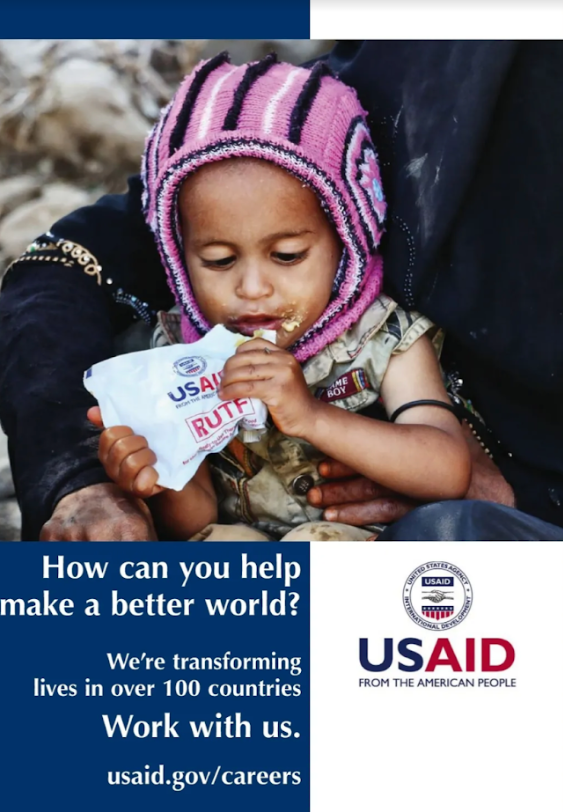
Weekly DEAFWIRE news recaps
Full DEAFWIRE videos can be seen
at https://h3world.tv/shows_name/deafwire/
The Maryland Deaf Community Centre (MDCC) received a $2.5 million grant to purchase their own permanent facility. The city of Frederick also donated $500,000, making it a total of $3 million. MDCC will be able to provide activities to Deaf seniors and local Deaf organisations; train care workers and offer ASL classes.
Alderwoman Donna Kuzemchak advocated for adding the money to the city’s budget. She said that the facility won’t benefit only just the Deaf and hard of hearing community, but the entire community. MDCC has already found a location they like but they’re waiting to receive the money before announcing where it’ll be located.
Renad Al-Hussein, a medical student at the College of Medicine at King Saud University in Saudi Arabia has developed a special sensor adaptor that sends sound frequencies to a device inside a car, identifying and displaying the description, image, and the colour of the sound source, visually, alerting the driver to any danger.
Renad said that he came up with this invention after learning that some countries prevent Deaf people from driving because they are unable to hear. He says that this invention can help these countries become more open to allowing Deaf people to drive.
Elina Kuduro is a Deaf full-time GrabFood driver who works 11 hours a day, five days a week and is hoping for a career change. She successfully received a heavy vehicle driving licence however, companies that invite her for interviews found that walkie-talkies are a barrier for her.
Kurdo appeared on a CNA show, “Hire Me”; the show aims to help people with disabilities or health conditions to get their dream job. During the show, she will receive coaching and support to be connected with potential employers. “Hire Me” will run on TV from June to September 2022.
DEAFDIGEST JOBS CENTER
Looking for a job? See Jobs Center for job openings.
Employers can list freelance, full-time, internship,
part-time, or temporary positions.
DEAFDIGEST JOBS CENTER –
http://deafdigest.net/jobs-center/
On June 5th, Roberto Wirth, Deaf owner of a luxury five-star hotel in Rome’s City Centre, Hotel Hassler Roma, passed away at the age of 72. He studied at Cornell University in Milano, Rochester Institute of Technology, and Gallaudet University in the USA. In 1982,
The hotel offers 87 unique and luxurious five-star rooms and suites along with spa treatments and to dine in a Michelin-starred restaurant. The hotel has been visited by Steve Jobs, Tom Cruise, Audrey Hepburn, and Princess Diana. Roberto received many awards and invested a lot in the Deaf community by establishing funds and scholarships.
A service in New Zealand that supports families of Deaf children learning New Zealand Sign Language (NZSL) received funding of $2.8 million so that the service can continue for the next four years. This funding will allow the service to support 280 families per year by 2026.
Natasha Cloete, First Signs Team Leader explained that there is a huge demand for the First Signs service, and trying to grow the service is not possible with funding limits. But with this $2.8 million grant, they will be able to recruit more facilitators to support children in areas they have not been able to support, such as remote, rural areas of New Zealand. First Signs service received positive feedback from parents of Deaf children.
Sidney Carolina Bernal, a 35-year-old teacher from Bogota, Colombia was recognised as the best teacher in Ibero-America. She created a project that focuses on technological tools that guarantee the educational inclusion of children with disabilities. Bernal’s project was named “Inclutec,” which is a combination of the words “inclusion and technology.”
Softys, a company in Lima, Peru, develops products and solutions for personal care. They collaborated with the Lima Region Deaf Association (Assoreli) to reduce social gaps for Deaf people and improve their quality of life. Training workshops to learn Peruvian Sign Language and Deaf culture were provided as the first step to make diversity and inclusion a reality. The goal is to improve Deaf people’s employability, social skills, and reduce communication barriers.




